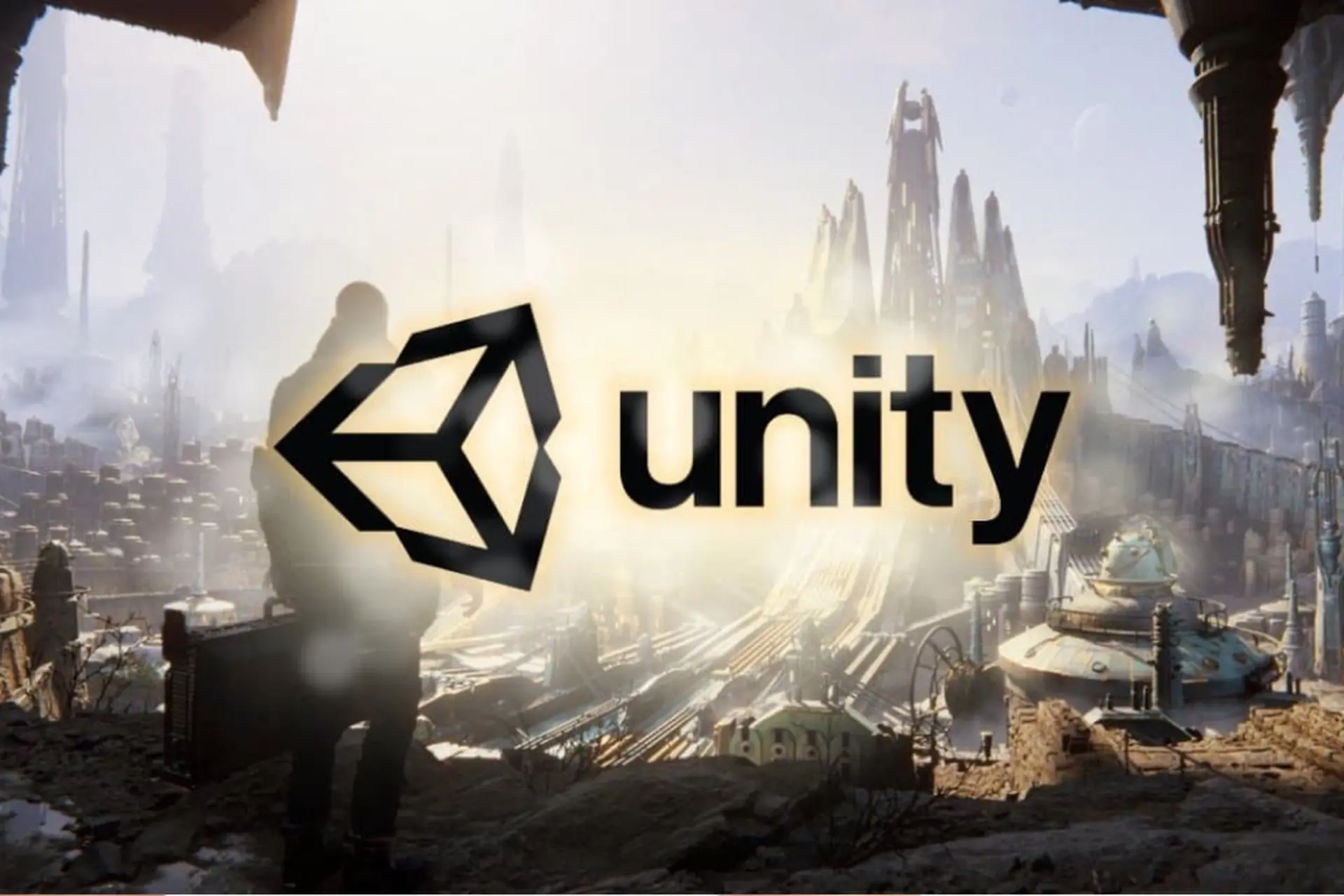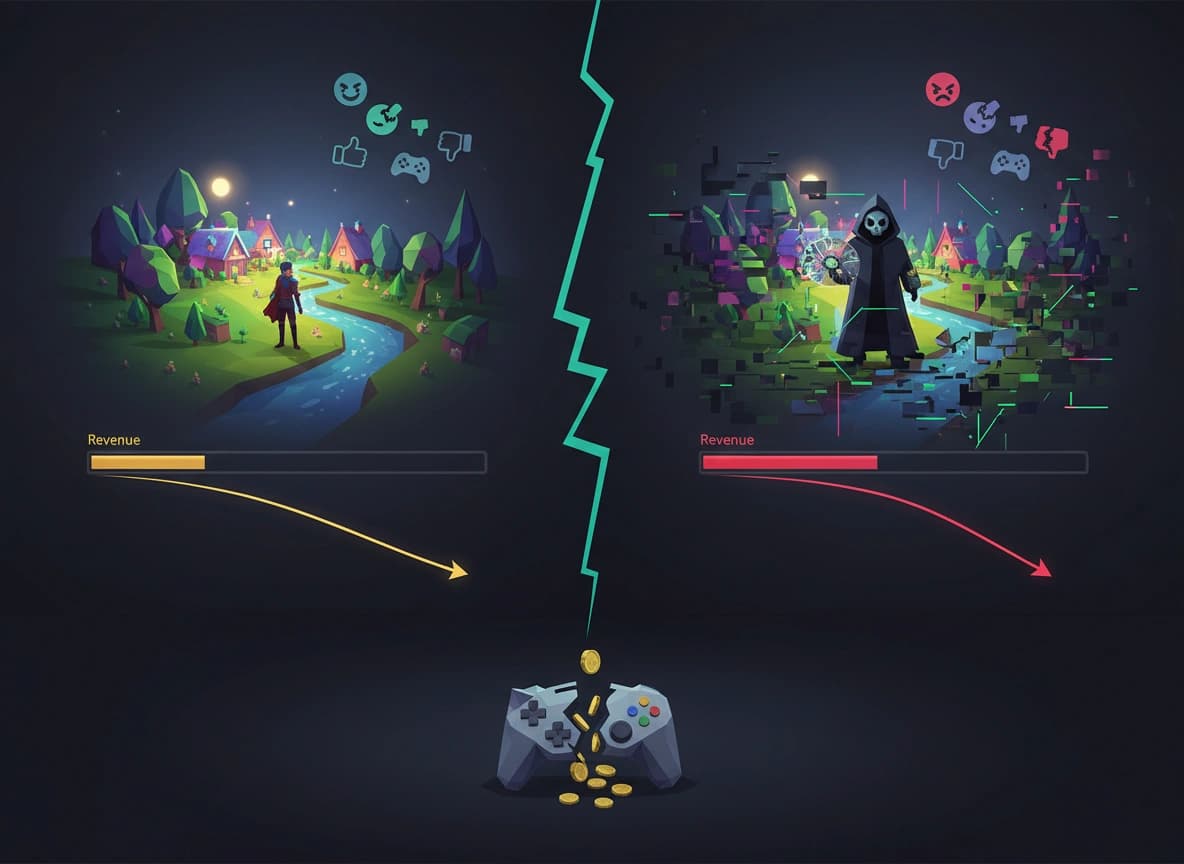Game development used to be a privilege reserved for big studios. But Unity changed that. Here’s how the Unity engine transformed how games are created, published, and played.


Indie developers often find themselves caught between big dreams and small budgets, but you don’t need millions of dollars or dozens of employees to bring a great game to life.

Player creativity has become one of the forces shaping the modern gaming landscape. From building custom maps to designing entirely new worlds, players are no longer just participants but also creators.

For indie developers, every sale is survival. Here’s how piracy and cheating suffocate that vital revenue.
Subscribe to our newsletter to receive the latest news, updates, and special offers directly in your inbox. Don't miss out!